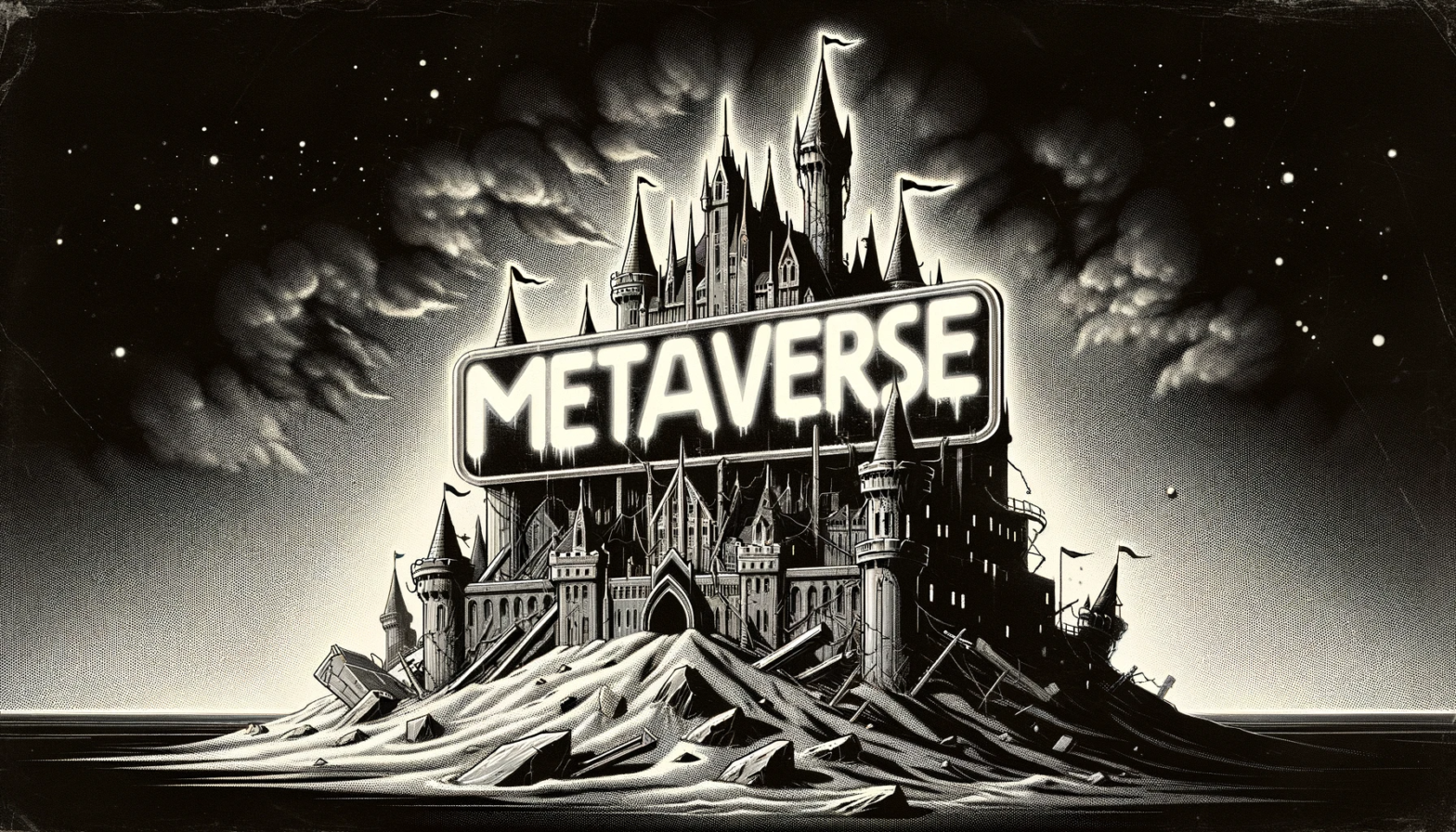Earlier this week, web3 Studios released their ‘Digital Identities Report‘, sharing a variety of opinions and predictions on the future of identity and social interaction in a ‘metaverse’ environment.
There is more than fifteen years worth of fascinating sociological research on virtual worlds and digital identity. You would not know that from reading this report.
It simultaneously presents web3 worlds as an entirely new concept that is being shaped by a new generation of ‘web3 thinkers’, while also positioning Roblox as an example of a metaverse.1
I’ve written about this before. Specifically in regard to web3 enthusiasts ignoring the incredible groundwork down in science fiction and games, and more recently on how metaverses are fundamentally a non-technical social proposition.
Mostly those arguments have addressed the general web3 discourse on Twitter, wishing it was better informed about the existing groundwork in this field.
It’s a deeper issue when companies (selling web3 products) collaborate with web3 influencers (mostly NFT shills) to produce a report that is essentially a sales catalogue – but frame it as some insightful look at the social aspects of virtual worlds.
We’re all supposed to rub our chins, and ponder this brave new world of identity in a digital environment. Once we buy one of their avatars, of course.
So, here (and in the corresponding Twitter thread) I wanted to share a few genuinely good papers on the sociology of virtual world and digital identity:
- Virtual Worlds Don’t Exist: Questioning the Dichotomous Approach in MMO Studies by Vili Lehdonvirta
- Massively Multiplayer Online Role-Playing Games (MMORPGs) and Commitment Behavior: An Integrated Model by Sooran Jo, Junghoon Moon, Edward J. Garrity, G. Lawrence Sanders
- The rogue in the lovely black dress: intimacy in world of warcraft by Tyler Pace , Shaowen Bardzell , Jeffrey Bardzell
- Coming of Age in Second Life An Anthropologist Explores the Virtually Human by Tom Boellstorff
- Digital Culture, Play, and Identity: A World of Warcraft® Reader by Hilde G. Corneliussen, Jill Walker Rettberg
If you are genuinely interested in building the future of social interaction online, there is an absolute wealth of information available to you. It is well covered ground – thanks to genuine experts, who often spent years immersed in virtual worlds as a part of their research.
Stretch your legs, take a wander outside of the web3 bubble.
- Roblox is an online game released in 2006, enjoyed by an audience that is mostly under 12 years old. Did you know that Gucci have a ‘metaverse’ installation there? [↩]

Leave a Reply